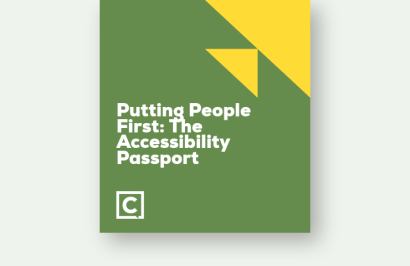We’ve had lots of headline news recently to prove how vital it is to the success of any business that it has employees who are truly happy and engaged. I’ve been reflecting on my own experiences with EE over the past few weeks. It’s been one of those “should have been so simple” type of things that became a real saga. And it’s no exaggeration to say the customer care at EE is absolutely the worst I’ve ever experienced. It’s rude, ineffective and takes an awful lot of effort from the customer to make any headroom. In the end, we had to agree to part company which seemed to suit us both!
It may have been just a one off incident. The blip in the system. The one that went bad. Call me cynical, but I couldn’t help wondering what it might be like to work at EE and whether what I’d experienced was as a result of a toxic organisational culture. So I logged onto their Glassdoor page.
Their ad reads....”WORKING AT EE FEELS GOOD. Here at EE, we’re feeling on top of the world....We know that keeping our people happy, motivated and engaged is key to our success, so we’re dedicated to making EE an outstanding place to work for our 13,000 employees”.
This ad copy sits right besides employee reviews that read like...
”Terrible company to work for”...”Care more about marketing than staff”...”Just a number”...”BOYS CLUB”.
OK, there are some positive comments too but the theme running through the many negative ones has helped me understand why things went so wrong in my dealings with them. Passed from pillar to post, lack of empowerment for anyone to get things done or spend time understanding the root of the problem, not calling back when they said they would and generally not caring about getting things sorted.
But EE are not alone, most of you will remember the Ryanair winter of discontent when in the run up to Christmas last year, they were forced to cancel hundreds of flights because of pilot shortages. Official responses from the airline cited issues with coordinating annual leave for their pilots, but rumours quickly circulated that pilots were generally unhappy at Ryanair, and had been leaving in their droves. Either way the episode led to the airline having to recognise Trade Unions for the first time in their 30 year history, which in turn led to them cancelling 20 Portugal flights earlier this month as cabin crew went on strike.
It makes total sense to assume that a bad employee experience converts into a poor customer experience - but at what cost? Graeme Johnson, then Head of Resourcing at Virgin Media pondered the same question when thinking about how their recruitment experience impacted on their consumer brand. He discovered that 18% of unsuccessful candidates who’d applied for a role with them each year were also Virgin Media clients. Further investigations showed that two thirds of those candidates were found to be detractors within their NPS scores, and that 6% had cancelled their Virgin Media contract within one month of an unsuccessful job application - amounting to £4.4m worth of lost revenue each year.
Sometimes, it’s not always clear how investing in your employer brand or your people experience is linked to your business plan, but stories like this clearly demonstrate what can happen if you don’t. If you need help making the case for your employer brand project, or working out where to take it next, drop me a line, I’d love to chat.



